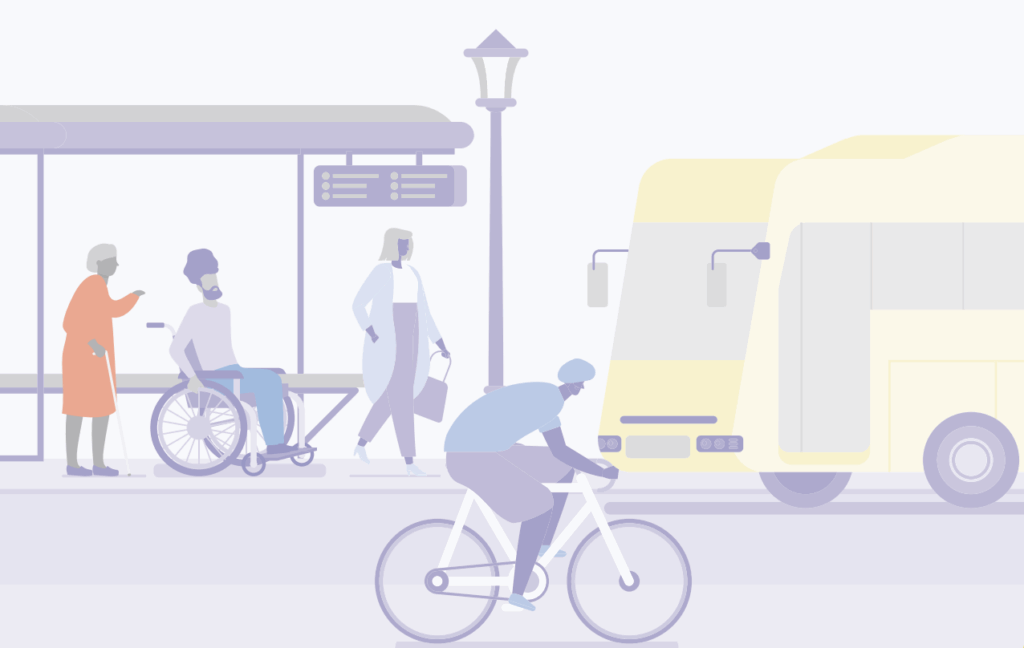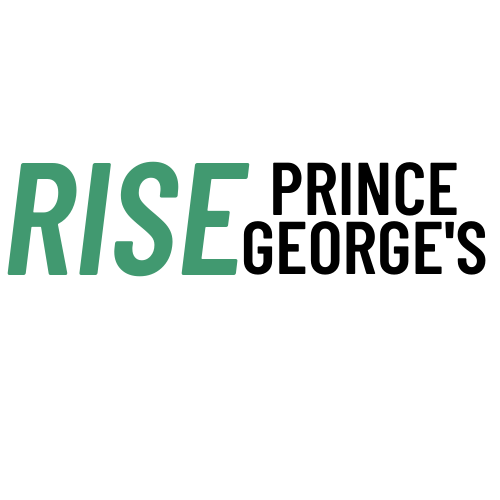
On June 5, 2025, an all-star panel discussed county efforts to create more walkable, bikeable, transit-accessible communities with new county and state plans.
Speakers: Prince George’s County Planning Director Lakisha Hull; Carm Saimbre, Maryland State Highway Administration; Prince George’s District 3 County Council Member Eric Olson; and chair of TIEE; Veronica O. Davis, national transportation expert, and author of Inclusive Transportation; moderator: Bernard Holloway, RISE Prince George’s.
View the video recording here.
View Planning Director Hull’s presentation:
The discussion featured Go Prince George’s, a new draft master plan for transportation in the county. This plan implements the newly adopted Urban Street Design Standards for activity and transit centers, and shifts focus to transforming the county’s transportation network by creating more travel options, focusing on the movement of people versus solely the movement of vehicles. A joint hearing by the County Council and Planning Board will be convened in fall 2025. Residents and other stakeholders are encouraged to provide comments on the draft.
The June 5 discussion also included progress by the Maryland State Highway Administration (SHA) to elevate its focus on addressing pedestrian and bicycle safety. Documents about the Complete Streets policy, statewide progress on implementation of the Pedestrian Safety Action Plan, and other safety plans can be found here.
Prince George’s new draft Transit Vision Plan is also open for review. To learn more click here.



